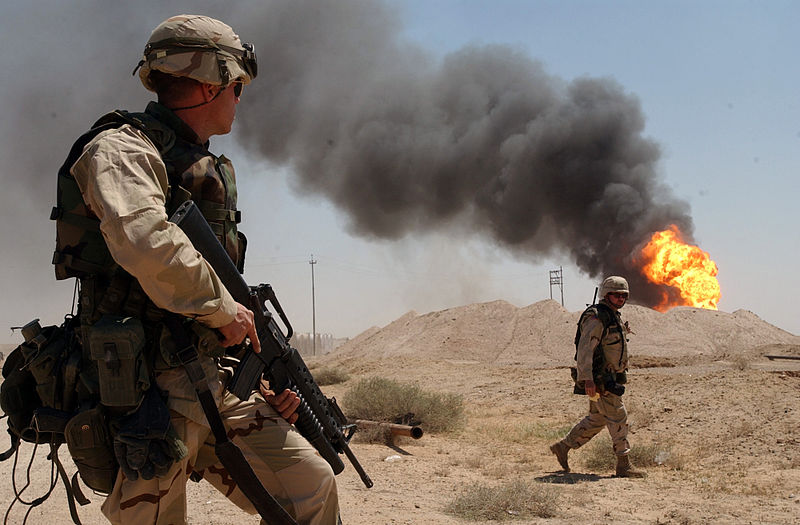
When the United States, the United Kingdom, and the “coalition of the willing” attacked Iraq in March 2003, millions protested around the world. But the war of “shock and awe” was just the beginning. The subsequent occupation of Iraq by the U.S.-led Coalition Provisional Authority bankrupted the country and left its infrastructure in shambles.
It’s not just a question of security. Although the breathtaking violence that attended Iraq’s descent into sectarian nightmare has been well documented in many retrospectives on the 10-year-old war, what’s often overlooked is that by far more mundane standards, the United States did a spectacularly poor job of governing Iraq.
It’s not that Iraq was flourishing before the occupation. From 1990 to 2003, the UN Security Council imposed economic sanctions on Iraq that were the harshest in the history of global governance. But along with the sanctions, at least, came an elaborate system of oversight and accountability that drew in the Security Council, nine UN agencies, and General Secretary himself.
The system was certainly imperfect, and the effects of the sanctions on the Iraqi people were devastating. But when the United States arrived, all semblance of international oversight vanished.
Under enormous pressure from Washington, in May 2003 the Security Council formally recognized the occupation of Iraq by the Coalition Provisional Authority (CPA) in Resolution 1483. Among other things, this resolution gave the CPA complete control over all of Iraq’s assets.
At the same time, the Council removed all the forms of monitoring and accountability that had been in place: there would be no reports on the humanitarian situation by UN agencies, and there would be no committee of the Security Council charged with monitoring the occupation. There would be a limited audit of funds, after they were spent, but no one from the UN would directly oversee oil sales. And no humanitarian agencies would ensure that Iraqi funds were being spent in ways that benefitted the country.



